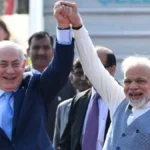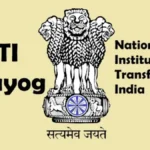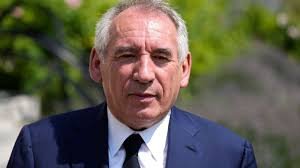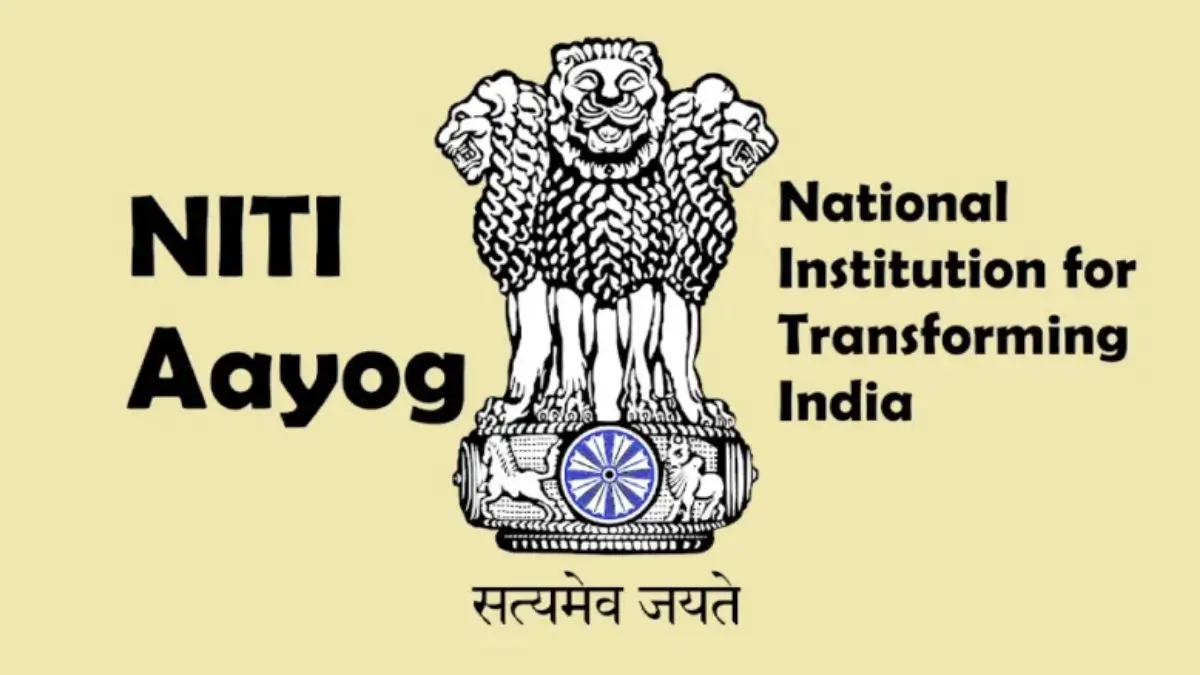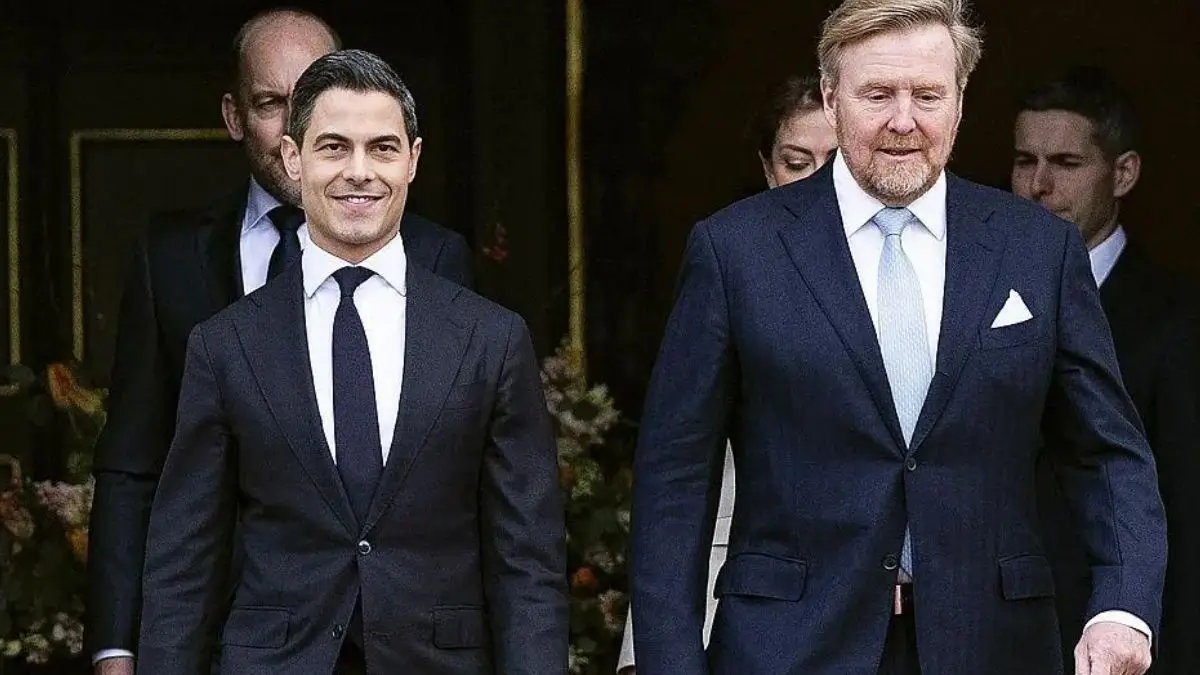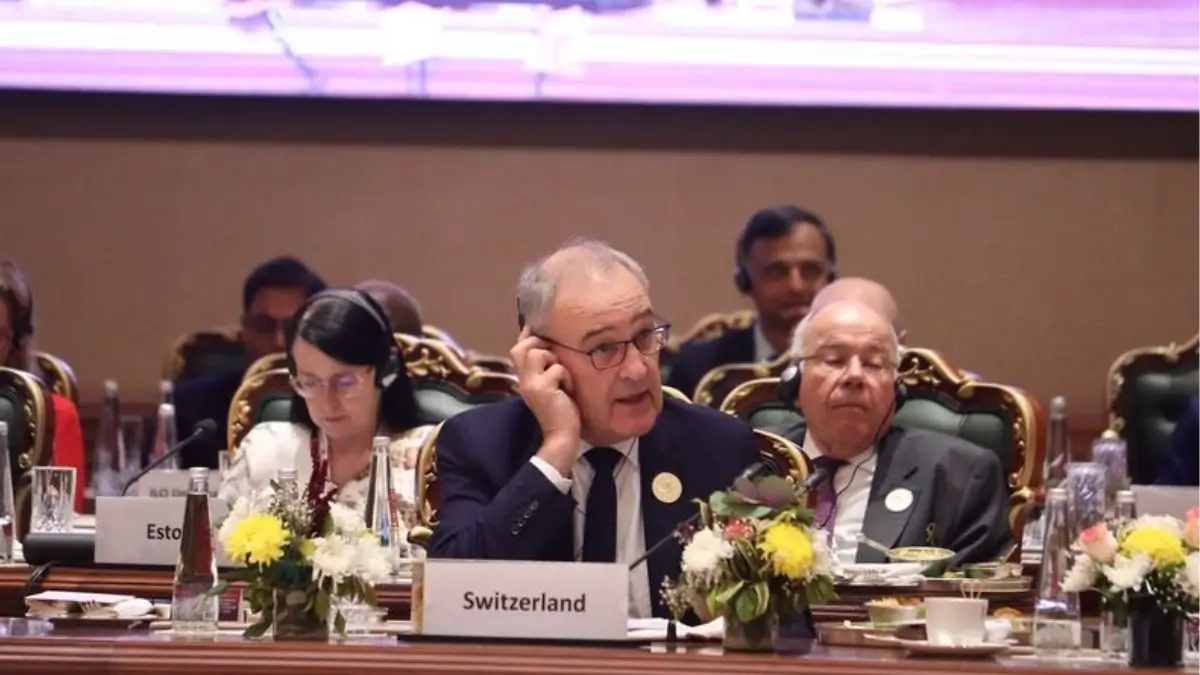Francois Bayrou: Macron’s New Prime Minister Amid Political Turmoil
Introduction: Political Upheaval in France
In the midst of political turmoil in France, President Emmanuel Macron has appointed François Bayrou as the country’s new Prime Minister. This move comes at a critical time as Macron’s government faces heightened public dissatisfaction and political fragmentation. François Bayrou, a well-respected figure in French politics, is known for his centrist views and leadership of the Democratic Movement (MoDem) party. His appointment signals a significant shift in French politics as Macron attempts to stabilize his administration and navigate through challenging political waters.
The Appointment of François Bayrou
Macron’s decision to appoint Bayrou is seen as an effort to consolidate power within his government and manage the rising political instability. Bayrou, who has previously served as a key ally of Macron, is expected to play a crucial role in bridging gaps between Macron’s party, La République En Marche (LREM), and other factions in the French parliament. His experience in French politics, particularly his role in MoDem, a pro-European centrist party, positions him as an ideal candidate to foster political cooperation and mitigate tensions within Macron’s coalition.
Political Context and Challenges
France has witnessed significant political unrest in recent years, marked by protests such as the “Yellow Vests” movement and growing public discontent over economic policies. The challenges facing Macron’s administration include managing a fragmented parliament, addressing issues like pension reform, and navigating the post-pandemic recovery. The appointment of Bayrou is seen as a strategic attempt to stabilize the government amid these ongoing challenges.
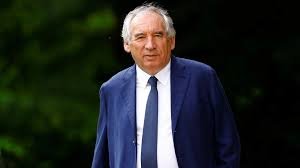
Why This News is Important
Impact on Macron’s Government
The appointment of François Bayrou as Prime Minister marks a critical juncture in President Macron’s tenure. The decision reflects his commitment to unifying France’s political factions and stabilizing his administration. Macron’s ability to navigate the political challenges ahead will have significant implications for his presidency and France’s future.
Restoring Political Stability
Bayrou’s appointment is crucial for restoring political stability in a time of turmoil. With widespread protests and growing opposition to government policies, Bayrou’s centrist approach may help Macron reassert control. His leadership is seen as essential in forging alliances with other political parties, especially in the face of a divided National Assembly.
The Influence of the MoDem Party
As the leader of the MoDem party, François Bayrou is a key figure in the French political landscape. His influence and ability to mediate between diverse political factions could prove vital in preventing further political fragmentation. His appointment may also signal a shift towards a more collaborative political environment in France, ensuring that Macron’s reforms move forward more effectively.
Historical Context
Background of François Bayrou
François Bayrou has been a prominent figure in French politics for decades. Serving as the leader of the Democratic Movement (MoDem) since 2007, Bayrou has positioned himself as a champion of centrism and pro-European policies. His experience in various governmental roles, including Minister of Education and Minister of Justice, has made him a respected political figure.
Political Turmoil in France
In recent years, France has been plagued by political instability, with widespread protests and social unrest. Macron’s government, initially seen as a breath of fresh air, has faced criticism for its handling of issues like economic inequality, labor reforms, and pension systems. The Yellow Vest protests in 2018-2019 were a response to perceived elitism and the government’s economic policies, signaling deep divisions within French society.
Macron’s Presidency and Challenges
Since Macron’s election in 2017, he has navigated a series of challenges, from managing economic reforms to dealing with the COVID-19 pandemic. Despite his strong initial mandate, his government has been tested by protests, public dissatisfaction, and a divided political landscape. The appointment of Bayrou is seen as a response to these challenges, aiming to bring stability and address the concerns of the French public.
Key Takeaways from “François Bayrou: Macron’s New Prime Minister Amid Political Turmoil”
| Serial No. | Key Takeaway |
|---|---|
| 1 | François Bayrou has been appointed as the new Prime Minister of France by President Emmanuel Macron, amidst significant political turmoil. |
| 2 | Bayrou is a centrist leader and the head of the Democratic Movement (MoDem) party, known for his pro-European stance. |
| 3 | The appointment is part of Macron’s efforts to stabilize his government, strengthen political alliances, and address public dissatisfaction. |
| 4 | France has faced widespread political unrest, including protests like the Yellow Vest movement, which has challenged Macron’s leadership and policies. |
| 5 | Bayrou’s leadership is seen as key to managing political fragmentation in the French parliament and facilitating Macron’s future reforms. |
Important FAQs for Students from this News
Who is François Bayrou?
- François Bayrou is a prominent French politician and leader of the Democratic Movement (MoDem) party. He has previously served in key governmental roles, including as Minister of Education and Minister of Justice. He is known for his centrist political stance.
Why did President Macron appoint François Bayrou as Prime Minister?
- President Macron appointed François Bayrou to stabilize his government amid political turmoil and public dissatisfaction. Bayrou’s leadership is expected to bridge gaps between Macron’s party, La République En Marche (LREM), and other political factions, fostering political cooperation.
What is the political context behind the appointment of François Bayrou?
- The appointment comes in response to growing political unrest and fragmentation in France, including protests like the Yellow Vest movement. Macron aims to restore stability, unify political factions, and navigate through challenges such as pension reform and economic recovery.
What challenges did President Macron face before appointing François Bayrou?
- Macron’s government faced challenges such as public protests, economic inequality, and dissatisfaction with government reforms. These issues, combined with a divided National Assembly, contributed to the decision to appoint Bayrou as Prime Minister to manage the political climate.
How might François Bayrou impact French politics?
- As a centrist leader, Bayrou is expected to mediate between political factions, fostering cooperation and ensuring that Macron’s reforms move forward. His leadership could help reduce political fragmentation and improve relations within the French government.
Some Important Current Affairs Links






